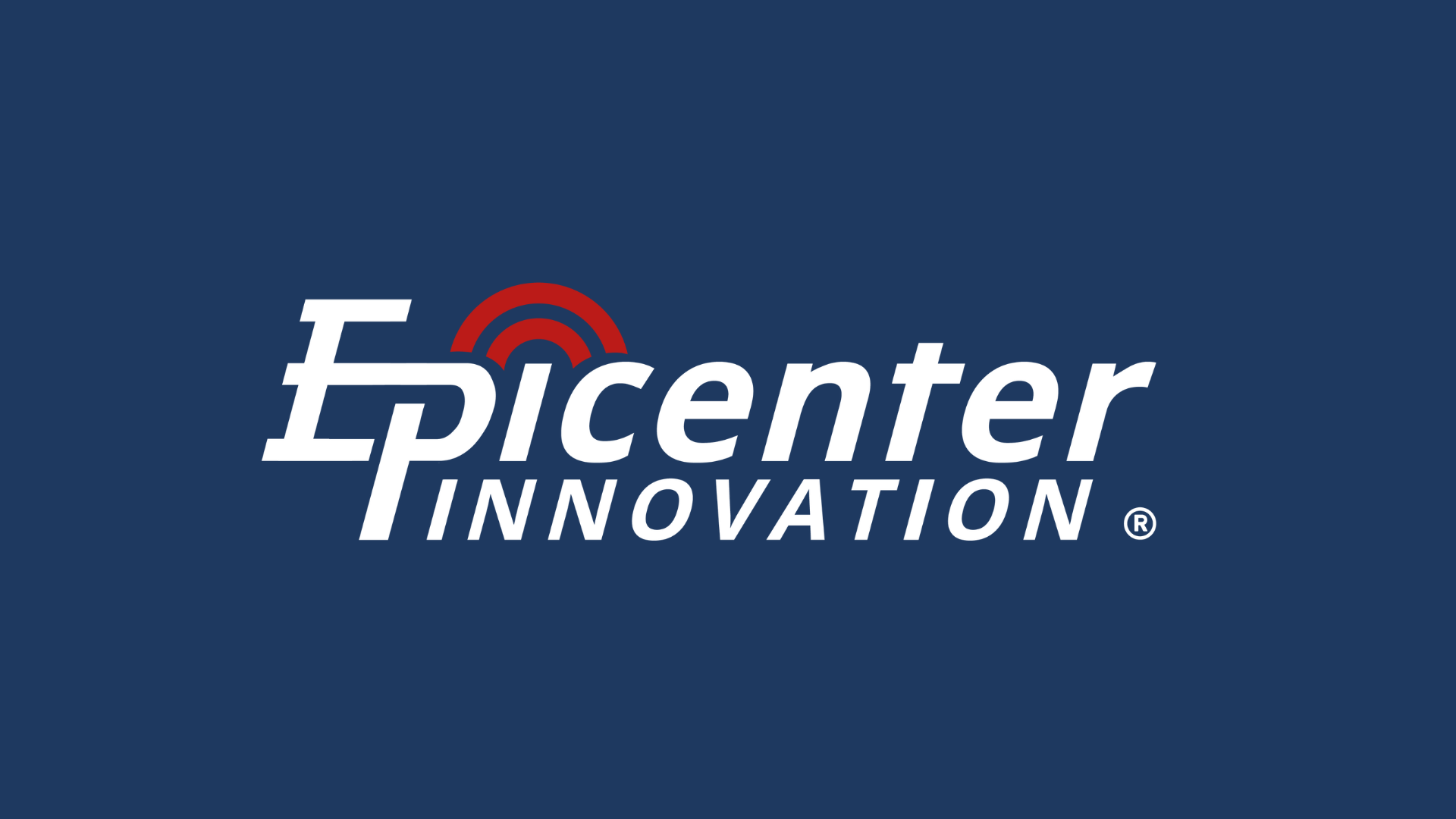6 Things Healthcare Professionals Should Do to Increase Their Resilience
The COVID-19 pandemic has underscored the critical importance of resilience in healthcare institutions and the broader public health infrastructure. As the healthcare industry continues to face challenges and uncertainties, building resilience becomes a top priority. In this listicle, we present six specific actions that healthcare professionals in large healthcare systems and public health spaces can take to increase resilience. These suggestions encompass various areas, from implementing resilient processes to prioritizing incident management training. By emphasizing the importance of risk training and adopting comprehensive strategies, healthcare institutions can enhance their ability to withstand disruptions and provide effective care.
Before we get started, we wanna tell you why we’re uniquely qualified to give such a list. For the last decade, we’ve been hard at work helping institutions of all shapes and sizes increase their resilience and innovative tendencies. Through our projects with several public health departments and hospitals, we’ve learned some of the things that make it especially challenging to implement resilient initiatives in healthcare settings. So, here are some of our biggest takeaways from our experiences. And if you’re interested in learning more about our own resilience-building offerings, head here.
- Implement Robust Incident Command Systems: Adopt and operationalize robust incident command systems, such as the Incident Command System (ICS) or Hospital Incident Command System (HICS). These systems provide a structured framework for emergency response and ensure clear roles, responsibilities, and coordination during crises. By establishing an effective incident command structure, healthcare institutions can respond efficiently to emergencies and enhance overall resilience. If you’re interested in applying ICS to your healthcare organization, check out this course from FEMA about doing just that!
- Enhance Emergency Preparedness and Response Plans: Regularly review and update emergency preparedness and response plans to align with evolving risks and challenges. Conduct comprehensive risk assessments, develop response protocols, and regularly test emergency scenarios through drills and simulations. By continuously refining emergency plans, healthcare institutions can optimize their response capabilities and minimize potential disruptions. Here’s a primer on what needs to be in your public health emergency preparedness plan from Virginia Commonwealth University!
- Prioritize Workforce Resilience and Risk Training: Place a strong emphasis on workforce resilience and risk training. Provide comprehensive training programs that equip healthcare professionals with the necessary skills to manage stress, adapt to changing circumstances, and mitigate risks effectively. By investing in the resilience and professional development of the workforce, healthcare institutions can enhance their collective ability to withstand and recover from challenging situations. Check out our offerings for resilience training for organizations across the healthcare industry here!
- Strengthen Supply Chain Resilience: Assess and strengthen supply chain resilience to ensure a consistent flow of critical medical supplies, equipment, and medications. Diversify suppliers, establish contingency plans for supply disruptions, and implement effective inventory management systems. By proactively managing the supply chain, healthcare institutions can mitigate risks and maintain essential resources during times of crisis. Here’s a great resource from Ernst & Young about the benefits of supplier diversity across industries.
- Collaborate with Public Health Agencies and Community Partners: Forge collaborative partnerships with public health agencies, community organizations, and other healthcare stakeholders. Establish effective communication channels, share resources, and coordinate efforts to enhance collective resilience. Collaboration facilitates a coordinated response, knowledge exchange, and access to broader networks, enabling healthcare institutions to better navigate complex challenges. Here’s a good resource from Apolitical to help drive some change in your collaboration tactics!
- Foster a Culture of Continuous Learning and Improvement: Cultivate a culture of continuous learning and improvement within healthcare institutions. Encourage innovation, embrace feedback, and foster a proactive approach to identify and implement best practices. Encourage staff engagement in quality improvement initiatives, research projects, and evidence-based practices. By fostering a culture of learning, healthcare institutions can adapt to new challenges, optimize patient care, and promote resilience across the organization. We’ve got a couple of continuous learning resources that are focused on resilience here!
In the face of ongoing challenges and uncertainties, healthcare institutions and the public health sector must prioritize resilience to ensure effective care delivery. By implementing these six specific actions, healthcare professionals can enhance the resilience of their institutions. Emphasizing risk training and adopting comprehensive strategies enables healthcare institutions to withstand disruptions, maintain high-quality care, and protect the health and well-being of the communities they serve.
About Epicenter INNOVATION
Epicenter Innovation® is an award-winning professional services firm driven by human-centered, resilience-focused innovation. Our team is here to help you implement a proven framework for creating impact & unlocking the potential of your people.
We’re the connective tissue between organizations that produce technology and those in the field using it. By working on both sides of the public/private-sector divide, we serve as translators & change-makers at all phases of the disaster management lifecycle – driving human-centered, resilience-focused innovation before, during, and after major incidents.
How Can We Help Your Organization?
Book a Call With the Epicenter Innovation Team
Read More
Top 10 Tips to Increase Personal Resilience
Inrceasing your resilience shouldn't be hard, but where do you start? We've got some easy ways to get you going on your resilience journey.
Top 10 Tips for Making Your Team More Innovative
Innovation is vital to having your work make an impact, but it shouldn't be hard. These ten easy tips will help foster an innovation culture for your team to thrive.
Exploring Innovation in Resilience-Building Practices
We've known for a while that resilience and innovation go hand-in-hand. But how? Learn in this short article.
